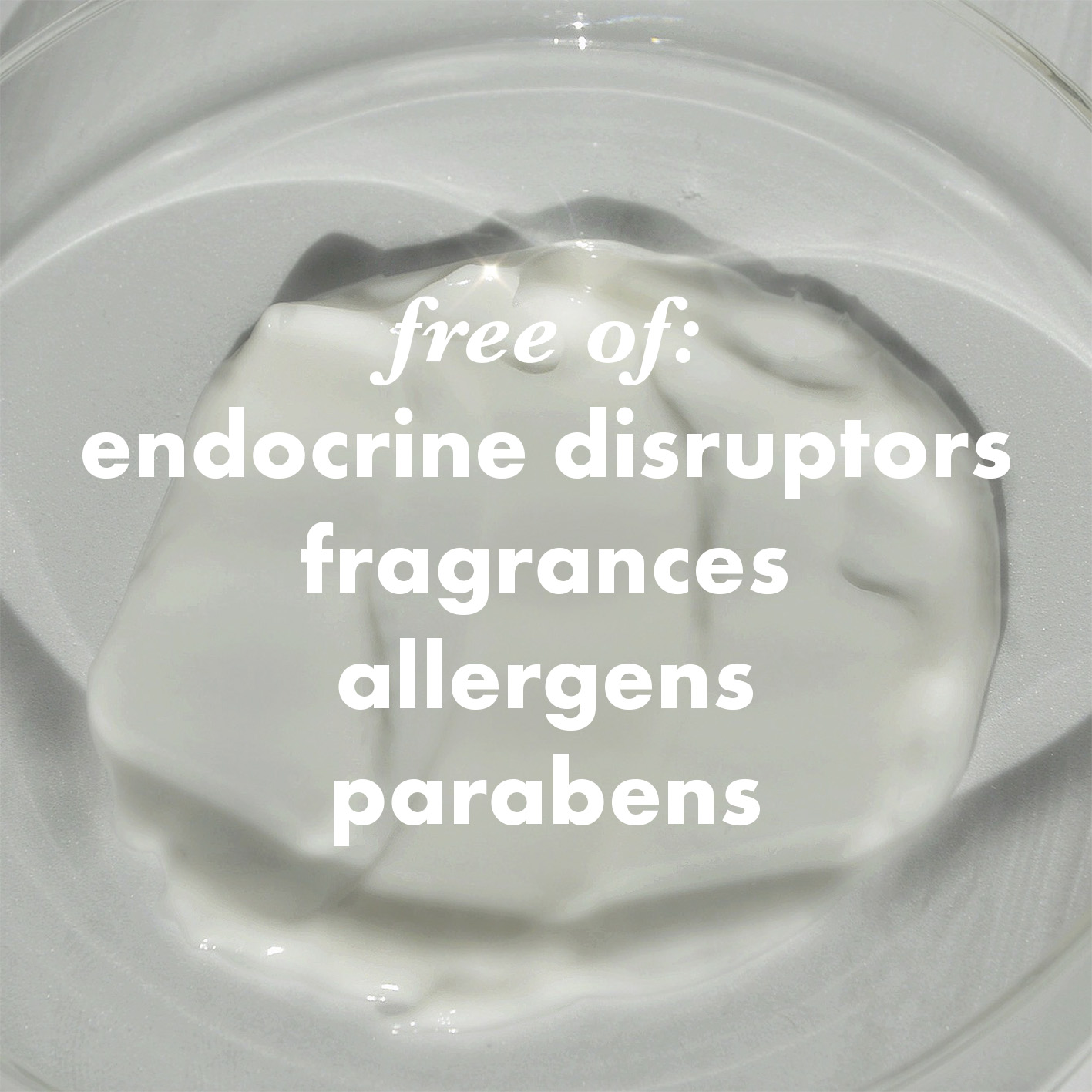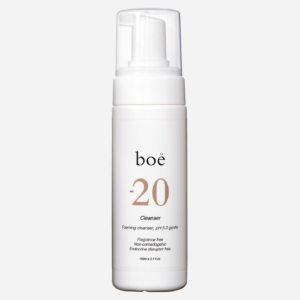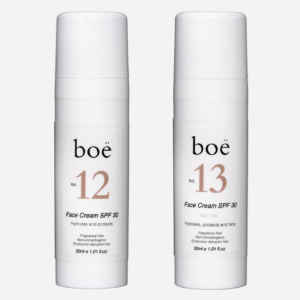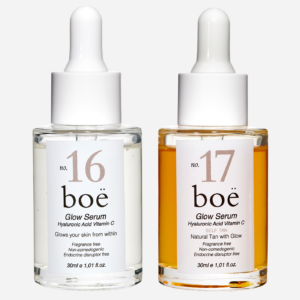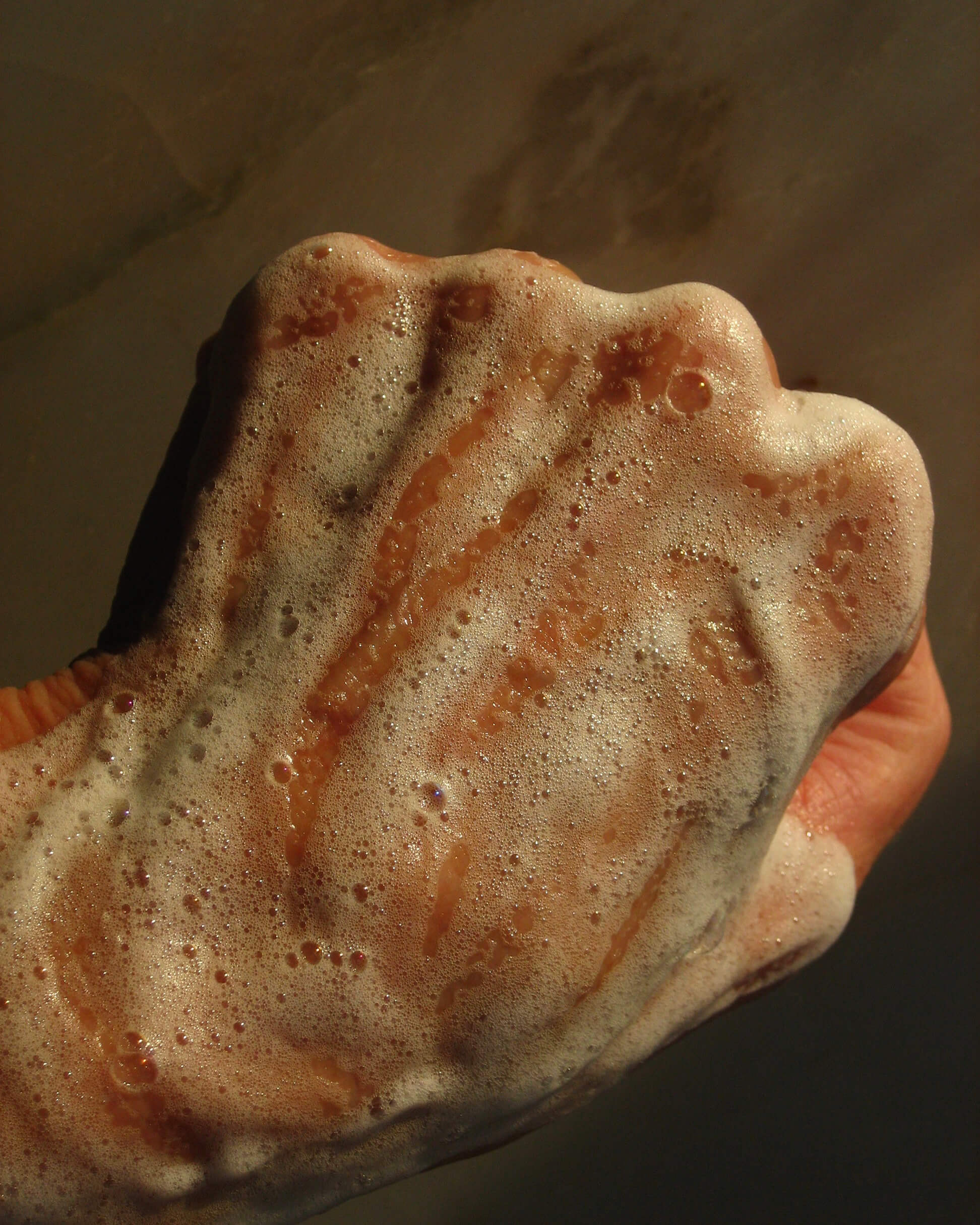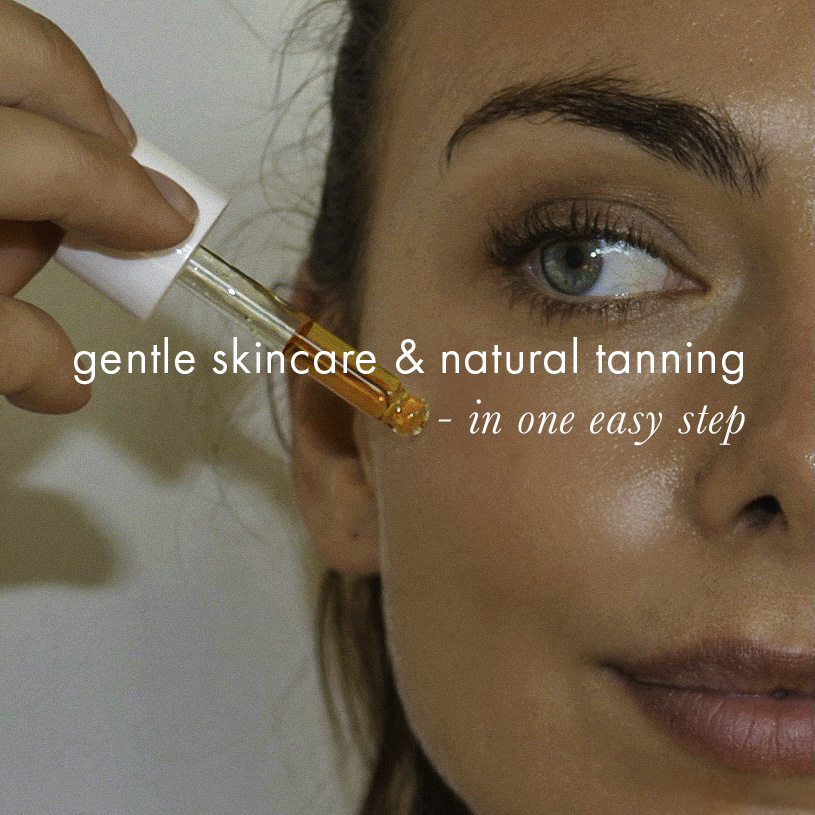Everyone’s skin is wonderfully unique, just like our personalities, preferences, and lifestyles. Our skin type is influenced by factors like where we live, seasonal changes, diet, mental health, and even how much we travel. Genetics also play a role, meaning that some people are more prone to conditions like sensitivity, rosacea, or acne. Recognizing and nurturing your skin type helps it stay healthy, balanced, and radiant.
In this guide, we’ll help you discover your skin type and find the best ways to care for it, so you can feel confident and comfortable in your own skin. Let’s start by identifying the different skin types and how to care for each!
Why Caring for Your Skin Matters
Your skin is your body’s largest organ, serving as a protective barrier against the environment. It’s constantly exposed to different elements, from fabrics and products to the weather and pollution. Using products that suit your unique skin type is essential to avoid irritation, breakouts, or other negative reactions. The right skincare routine can bring out your best, while the wrong products may leave you feeling uncomfortable and self-conscious.
We’re here to help you navigate your skincare journey with confidence, so you can shine bright and feel at ease in your own skin.
Identifying Your Skin Type
Each skin type has its own unique needs and challenges. Let’s look at the characteristics of each and how to care for them effectively:
1. Normal Skin
- Signs: Firm, smooth texture; rarely experiences breakouts or irritation; generally balanced with minimal reaction to products or environmental changes.
- Care Tips: Keep your routine simple with gentle, clean products. Use a mild cleanser, a lightweight serum, and a good moisturizer with SPF. Although you have resilient skin, avoid overloading it with products. Less is more for maintaining your skin’s natural balance.
2. Combination Skin
- Signs: Both oily and dry areas, often with an oily T-zone (forehead, nose, and chin) and drier cheeks; prone to occasional blemishes.
- Care Tips: Go for non-comedogenic products (meaning they won’t clog pores). Use a gentle cleanser, a balancing serum, and a moisturizer that hydrates without adding oil. Avoid harsh chemicals and synthetic additives, as these can upset the balance of combination skin.
3. Acne-Prone Skin
- Signs: Frequent breakouts, blackheads, or whiteheads; may have red, inflamed areas.
- Care Tips: Stick to a simple routine with products specifically formulated for acne-prone skin. Give your skin time to adjust to each product, and avoid switching too frequently, as consistency can help your skin adapt and thrive. Avoid fragrances and parabens, which can cause further irritation.
4. Oily Skin
- Signs: Persistent shine, especially in the T-zone; may feel greasy by midday; frequent clogged pores or blackheads.
- Care Tips: Moisturize! It might sound counterintuitive, but moisturizing helps prevent your skin from producing excess oil to compensate for dryness. Use a gentle cleanser and non-comedogenic products to keep pores clear. Avoid heavy oils and products with alcohol, as they can make oily skin produce even more oil.
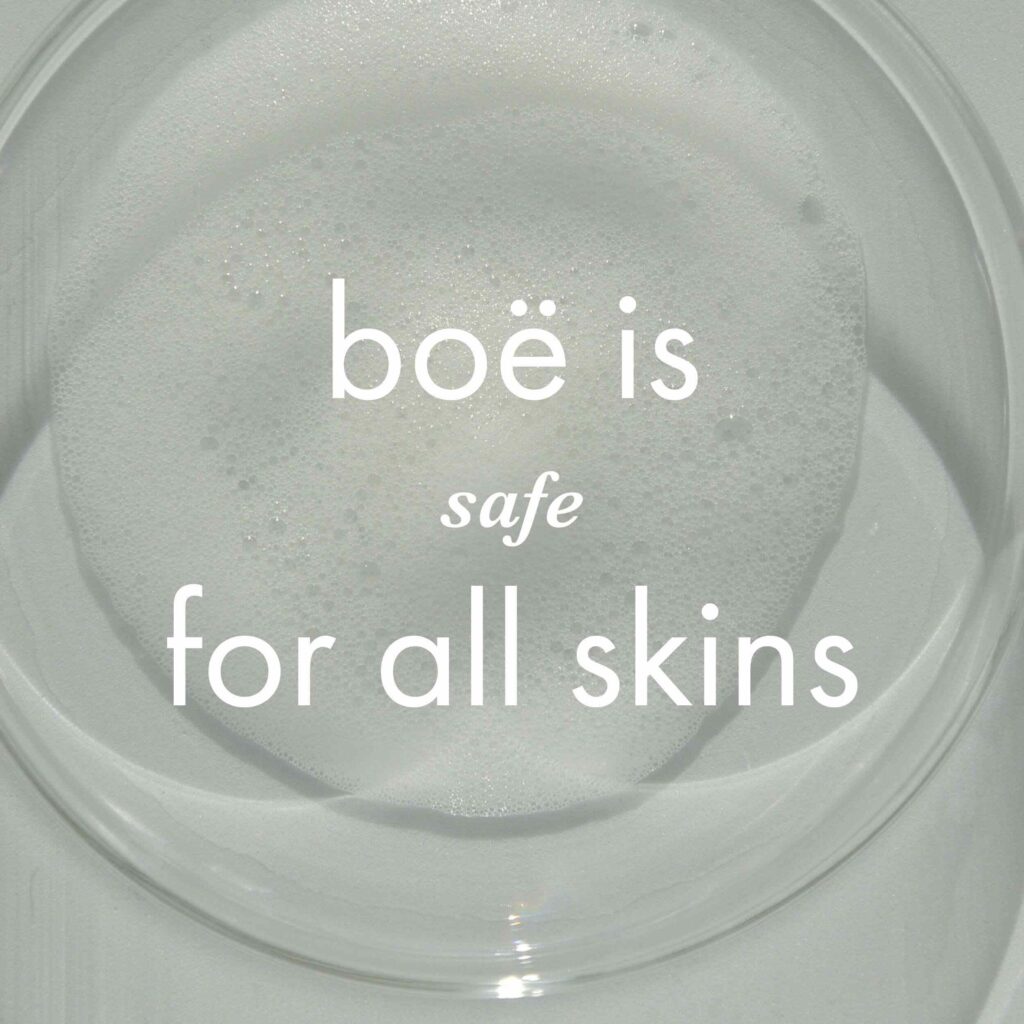
5. Dry Skin
- Signs: Rough, flaky, or tight skin; may feel uncomfortable after cleansing or exposure to dry weather; prone to sensitivity.
- Care Tips: Hydrate your skin deeply with products containing hyaluronic acid, which helps your skin retain moisture. Look for nourishing moisturizers and serums, and avoid harsh ingredients or exfoliants that could worsen dryness. Drinking plenty of water and reducing salt intake can also help keep skin hydrated from within.
6. Sensitive Skin
- Signs: Easily irritated, prone to redness, rashes, or stinging sensations when using new products; often reacts to fragrance or harsh chemicals.
- Care Tips: Focus on minimal, fragrance-free products with clean, natural ingredients. Sensitive skin benefits from gentle, hypoallergenic products. Boë products, for example, are designed to be free from parabens, allergens, and other irritants that can cause reactions in sensitive skin.
7. Mature Skin
- Signs: Fine lines, wrinkles, loss of elasticity, dullness, and occasional dark spots.
- Care Tips: As your skin ages, it needs more hydration and nutrients to maintain elasticity and radiance. Consider using anti-aging creams, serums, and moisturizers rich in antioxidants and hydrating ingredients. Protect your skin daily with SPF and gentle, nourishing products to support its natural aging process gracefully.
Your Skin is Unique – Treat it with Care
Your skin is constantly working to protect you, and it deserves the best care you can give it. Embrace your skin’s unique qualities and listen to what it needs. Remember, clean and gentle products are your best bet for a healthy, glowing complexion. Treat your skin with kindness, and it will return the favor by helping you feel confident and comfortable.
Less is more when it comes to skincare – simple routines often bring the most radiant results. So take the time to understand your skin type, choose the right products, and give your skin the love and care it deserves. With the right approach, you’ll be ready to shine every day in your beautiful, healthy skin!
